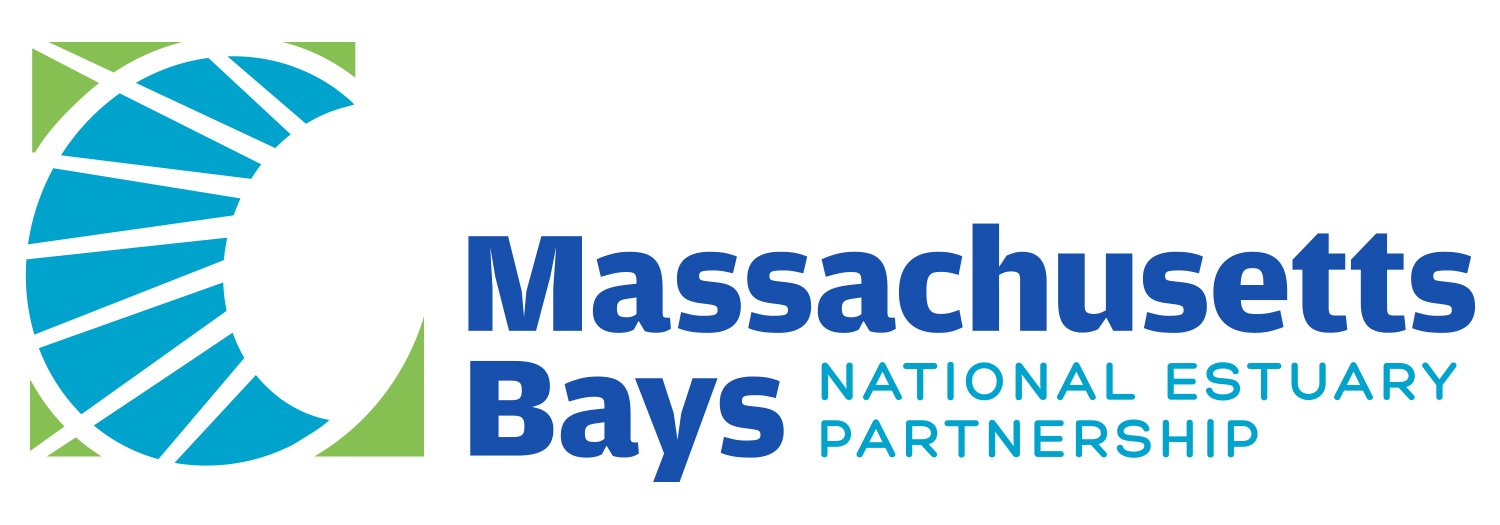The Massachusetts Bays National Estuary Partnership (MassBays) is requesting bids for technical services for Optimizing Local Tide Gate Operations and Management to Improve Salt Marsh Health. MassBays is a Center within University of Massachusetts Boston School for the Environment.
This project will apply an approach that will be broadly implemented to assess tide gates and adjacent habitat conditions, and to improve coastal marsh resilience by helping identify salt marsh restoration and habitat improvement actions. The consultant is expected to conduct a review of the existing tide gate inventory within MassBays, conduct field visits to address assess salt marsh condition and identify data gaps, work with the project team to identify priority implementation/restoration sites, and work closely with MassBays to advance priority projects with municipal partners.
To respond to this solicitation please follow the directions at this link: https://bids.sciquest.com/apps/Router/PublicEvent?CustomerOrg=UMass.
Scroll down to UMass Boston – MassBays Tidegate & Salt Marsh Assessment Consultant, then click on Details for more information and Respond to submit a proposal.
Background: Tide gates are coastal structures installed to protect private property and public infrastructure from flooding by restricting tidal flow. At the same time tide gate restrictions can adversely impact marine, estuarine, and tidal riverine habitats. These barriers also alter water quality conditions, thereby affecting habitats and the species that depend on them for survival. Tide gates can affect sediment processes which are critical for salt marsh building processes. Paradoxically, when owner-operators undertake to repair older-style and faulty tide gates, their actions to stop leaks but also remove the flow which helped some upstream salt marsh to survive, thus exacerbating degradation of salt marsh conditions.
In 2017 MassBays partnered with the MA Office of Coastal Zone Management to conduct the first systematic inventory of tide gates in the Commonwealth. The study documented 137 tide gates in various states of functionality and disrepair. Half of the restrictions are associated with roadways, with the potential for local flooding hazards. Most of the gates are publicly owned and operated, some by state entities but most are under the purview of local Departments of Public Works or other facilities-oriented offices. Many of the municipally owned tide gates lacked operation and maintenance (O&M) plans. Field visits were conducted at 67 sites, 75% of which had extensive Phragmites, indicating that the upstream marshes are not adequately flushed. The authors recommended collecting field data for all sites, performing evaluation of potential restoration sites and associated costs, prioritizing tide gates for restoration, developing an O&M plan template and timeline for plan review and update, and configuring the inventory to provide real-time flow data (as available). In a 2023 publication Johnson and Hutchins (NOAA) echo these recommendations and underscore the need to develop long-term enforceable O&M plans that take climate change into account; flood storage evaluation and tidal monitoring; and review policies and regulations. Through this project, MassBays seeks to address some of these recommendations to identify degrading salt marsh conditions and implement actions for improved tide gate management and habitat restoration to improve salt marsh health.
